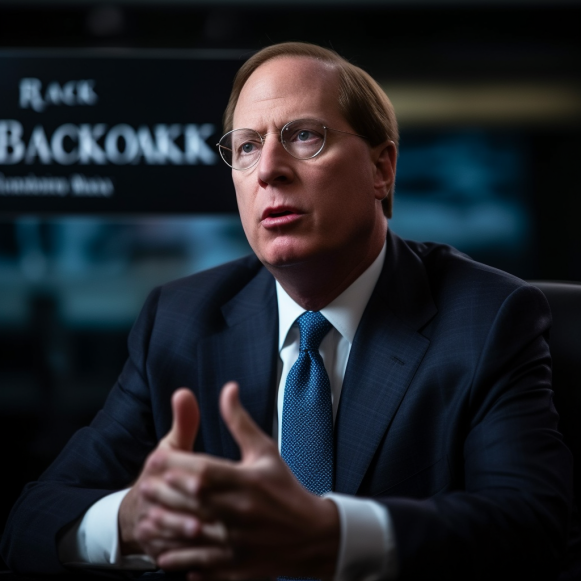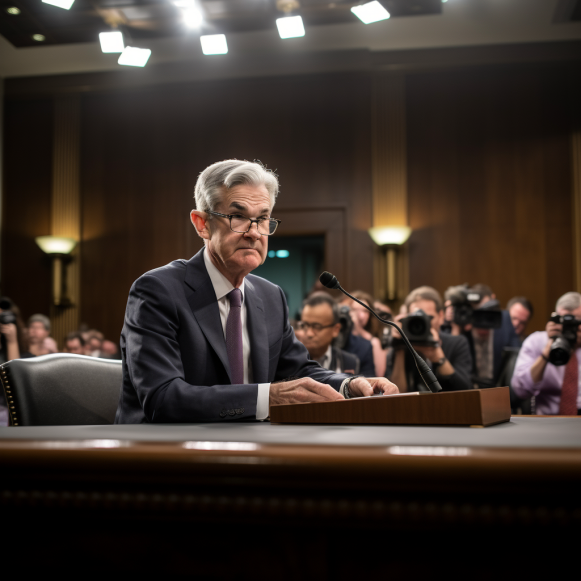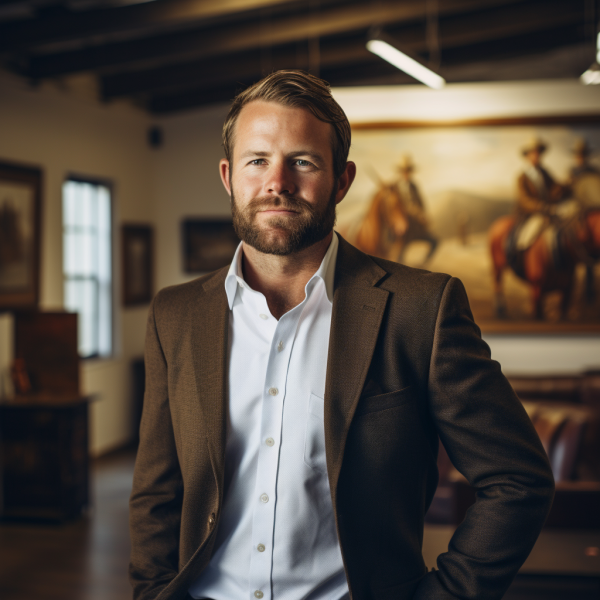BlackRock is overhauling its lobbying unit as the firm scrambles to protect its reputation, leaked memo shows

- BlackRock is reshaping its team that lobbies policymakers in the US, it said in an internal memo.
- The asset manager is looking to fill two new roles handling US and state government affairs.
- The firm has come under pressure from lawmakers and may face new regulatory challenges.
As a US presidential election year approaches and lawmakers continue to scrutinize BlackRock, the investment firm is reshaping a key team that handles relationships with government officials and regulators.
BlackRock is looking for a new head of US government affairs and public policy in Washington, DC, as well as a new head of state government affairs, according to a previously unreported company memo written by John Kelly, BlackRock’s global head of corporate affairs, last week. The position will be in charge of developing efforts “in priority capitals” to manage state-level relationships.
Kelly wrote that the $9.1 trillion firm in the United States is facing “growing pressures on our reputation and a complex set of policy challenges that are evolving daily against an especially intense and divisive political environment.” The company will have to “adjust our strategy and deploy more resources to meet these challenges,” he said. He added that “few enterprises face more immediate challenges in the US than BlackRock.”
He went on to say that after many conversations with other public policy executives and BlackRock partners, “it is clear we need to change how we are organized to match our policy threats and deliver greater coverage and impact,” Kelly wrote in the memo obtained by Business Insider.
The reshuffled positions and renamed government affairs and public policy group reflect the enormous pressure BlackRock is under in the public eye.
Over the last two years, lawmakers and state finance officials, primarily from the Republican Party, have chastised BlackRock for its investments that take into account environmental, social, and corporate governance issues. According to the officials, BlackRock is using its ESG investment criteria in a way that prioritizes addressing the climate crisis or increasing workforce diversity at the expense of investors. Legislators have also questioned BlackRock’s vast voting power on behalf of investors.
A coordinated effort has been launched in Florida, Texas, Louisiana, South Carolina, and other states to put pressure on BlackRock and CEO Larry Fink on ESG strategy. The firm has defended itself, citing its fiduciary duty to invest in clients’ best interests rather than advocate for political or social outcomes. On Friday, a spokesperson for BlackRock declined to comment.
The years-long saga is viewed internally and externally as a black eye — and a major headache — that has resulted in employee dissatisfaction, a hearing last year between Texas Republicans and BlackRock, and far more mainstream attention on the asset manager than it would like. In a January interview with Bloomberg, Fink stated that attacks on not only the firm but also on himself had become venomous. “For the first time in my professional career, attacks are now personal,” he went on to say.
Reshaping the key policy group
To meet this new reality, a number of roles in the public policy group are changing.
Samantha DeZur has been named head of regulatory affairs and capital markets policy at BlackRock, Joanna Cound has been named head of international government affairs and public policy, Rachel Barry has been named chief operating officer of global corporate affairs, Kate Fulton has been named head of industry affairs, and Bryan Wood has been named head of federal government affairs.The firm’s public policy group has about 40 employees, 25 of whom work on Cound’s international policy team.
BlackRock may face new regulatory challenges as well. This month, US financial regulators announced plans to increase oversight of asset managers and other so-called non-banks, such as private equity funds. For years, BlackRock and its competitors have lobbied to avoid being labeled as “globally systemically important financial institutions.”
With that designation comes more aggressive oversight as more aspects of the global financial system, such as lending to businesses, shift from banks to money managers. As a significant shareholder through its funds, BlackRock is the world’s largest asset management firm and the largest ETF provider, with unparalleled clout in other companies’ boardrooms.
Barbara Novick, who cofounded BlackRock in 1988 with Fink, president Rob Kapito, board member Susan Wagner, and four others, was BlackRock’s long-term voice in Washington as an influential policy power broker before retiring in 2021. In 2009, Novick launched the firm’s public policy efforts.
Kelly also stated that Sheila Kindig, who joined the firm in 2019 and oversees internal communications, informed the firm that she would be leaving the position the following year. She is one of several employees from BlackRock’s communications team who have left in the last year and a half. Jim Badenhausen, who is also leaving the firm after a decade as head of global communications at BlackRock, and Kelly are working with Kindig to find her replacement.






